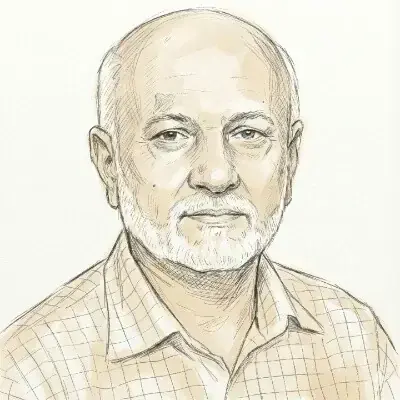ISLAMABAD: Initiatives of climate resilience and sustainable water management aimed at improving food security and supporting communities vulnerable to climate change in Balochistan and Sindh kicked off on Monday with the support of the Food and Agriculture Organisation (FAO) of the United Nations.
Both initiatives highlight the critical need for integrated climate adaptation strategies to ensure water security, food resilience, and sustainable livelihoods in Pakistan’s most vulnerable regions, the FAO said.
The FAO announced that the Balochistan government has notified the Integrated Water Resource Management project developed with the technical assistance of FAO.
The approval of the water sources management project is a major step towards sustainable development resource management, the FAO said.
The project has been funded by the World Bank under the Balochistan Integrated Water Resources Management and Development Project.
The new policy, along with the Balochistan Water Resources Management bill, establishes a legal framework to enhance institutional capacity, integrate surface and groundwater management, and promote gender-inclusive water governance, emphasised Dr Robina Wahaj, FAO Senior Land and Water Officer.
“This initiative aligns water management with climate adaptation strategies, ensuring a holistic approach to addressing governance challenges.”
The FAO Balochistan head, Waleed Mahdi, called the project “a milestone in sustainable and inclusive water governance”.
In Sujawal, Sindh, at the same time, the FAO has also launched the Building Resilience and Addressing Vulnerabilities to Emergencies (BRAVE) initiative aimed at strengthening climate resilience, improving food security, and supporting communities vulnerable to climate change.
Funded by the UK’s Foreign, Commonwealth and Development Office and implemented in Sindh, Balochistan, and Punjab, BRAVE will benefit 60 villages across three districts, with approximately 9,000 households per district.
The programme is led by IOM in collaboration with FAO, Unicef, CARE International, ACTED, and Islamic Relief.
During a key meeting in Sujawal, government officials, research institutions, and Brave partners launched the Extended Technical Working Group, which will drive climate-resilient interventions across agriculture, livestock, rangelands, forestry, renewable energy, and aquaculture.
Additional Deputy Commissioner of Sujawal, Abdul Karim Sangrasi, called Brave a pivotal step in building long-term resilience against climate change.
The FAO head in Sindh province, Julius Githinji Muchemi, reaffirmed the FAO’s commitment, and said that through collaborative knowledge-sharing and innovative models, we aim to transform agri-food systems and improve the livelihoods of vulnerable communities.
Published in Dawn, March 4th, 2025


































